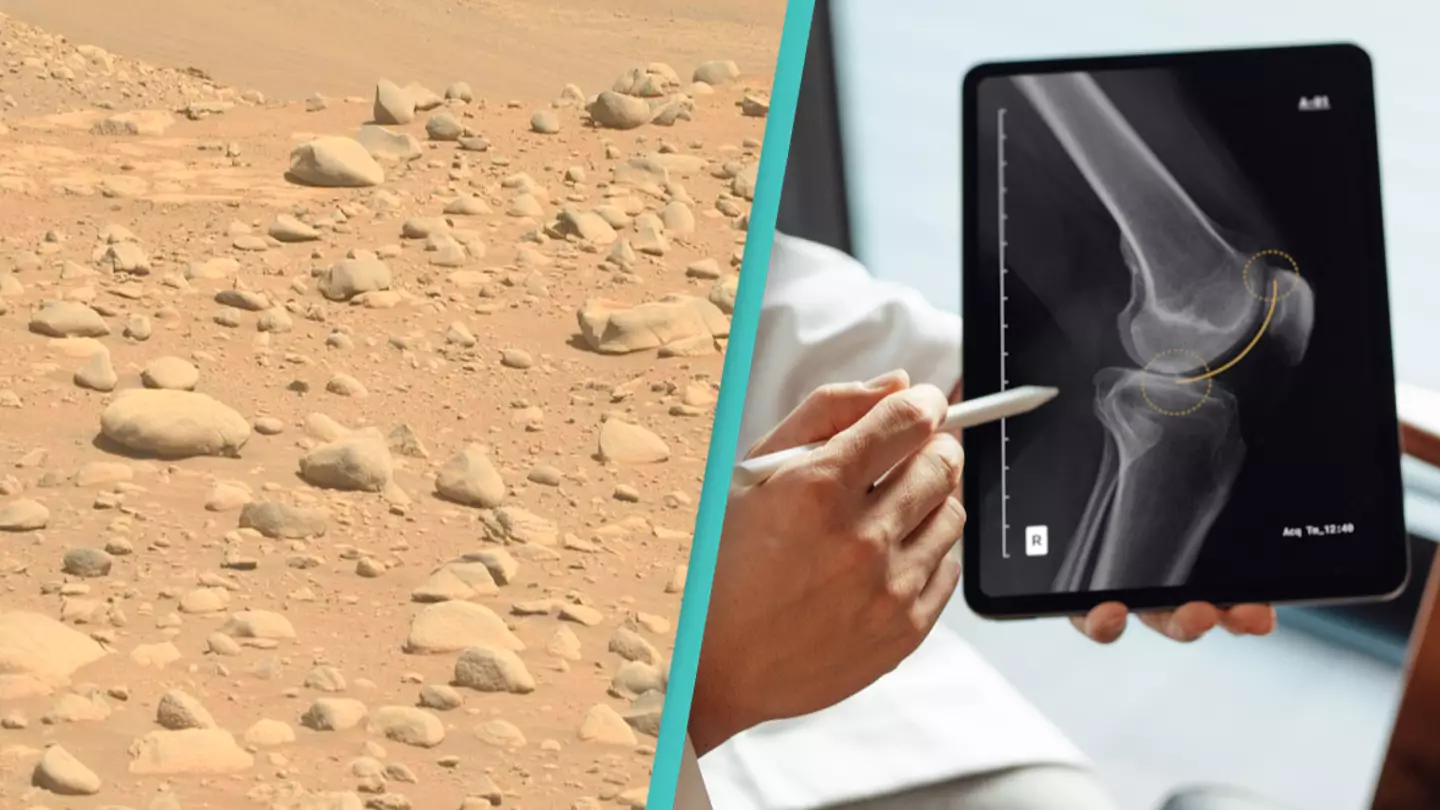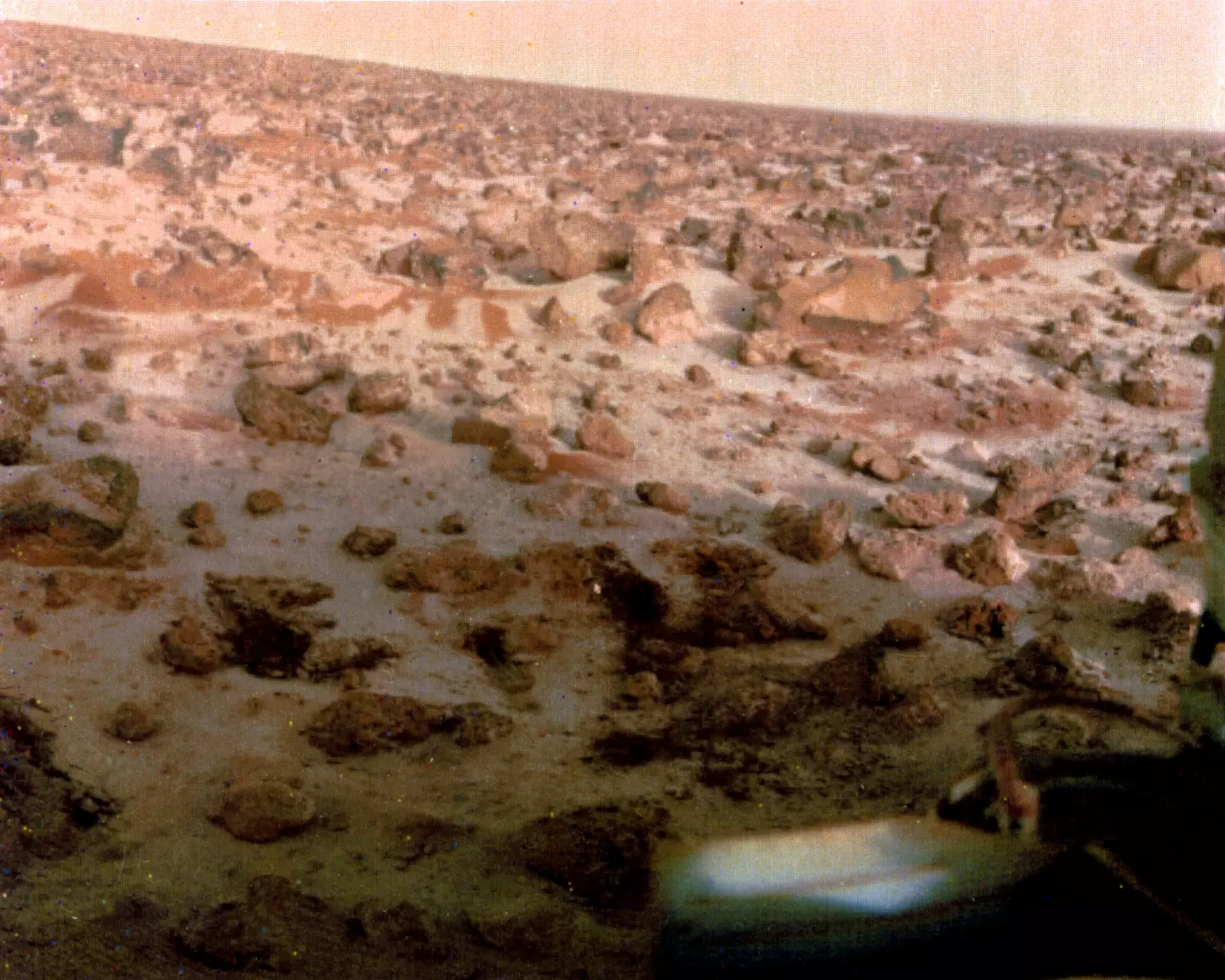
When it comes to humanity finding a new planet to live on then the most obvious candidate is our planetary neighbour, Mars.
If we're talking about our other prospects in the solar system, then Mars does seem the best of a bunch of bad options.
We could either burn to death on Venus, or die on Jupiter in one of the storms which wrack its surface, themselves many times the size of Earth.
There's also the issue of even getting there in the first place.
Mars is the most obvious option for us but NASA estimates it would still take us about seven months to get there.
Advert
Humanity might not face the challenges of other planets on Mars, but there are still a plethora of ways that any Mars settlers could snuff it.
Let's start with something we tend to take for granted here on Earth - a breathable atmosphere.
On Earth, the most common element in the atmosphere is Nitrogen at 78 percent, with 0.04 percent carbon dioxide.
On Mars, the CO2 levels are at a whopping 95 percent.
Advert

For context, an atmosphere with 10 percent CO2 is enough to render someone unconscious in around 10-15 minutes, and 15 percent is unsurvivable. So 95 percent could be a slight issue.
The next is temperature, with the lowest recorded temperature in Antarctica being -93.2C.
On Mars however, temperatures routinely drop to -125C.
Advert
One person has looked into how we could adapt to the inhospitable environment on the Red Planet.
Biologist Scott Solomon published Future Humans: Inside the Science of Our Continuing Evolution, which looks into this very thing.
Solomon suggested that humans could become subject to the 'founder effect'.
This is where a species has to adapt very quickly, in evolutionary terms, to having a small population in a new environment.
Advert

Circumstances like this create a genetic bottleneck which means that mutations occur faster, which in evolutionary terms is a few hundred generations.
That could be as little as 6,000 years, so just more than all of recorded human history, no biggie.
Solomon writes in his book: "This happens routinely to animals and plants isolated on islands... but while speciation on islands can take thousands of years, the accelerated mutation rate on Mars and the stark contrasts between conditions on Mars and Earth would likely speed up the process."
Advert
For example, lower gravity on Mars could lead to a loss of bone density that could lead to bones breaking more easily.
Solomon says: "After many generations, Martian people could end up with naturally thicker bones... lending them a more robust appearance."
Fascinating!
Topics: News, World News, Space
